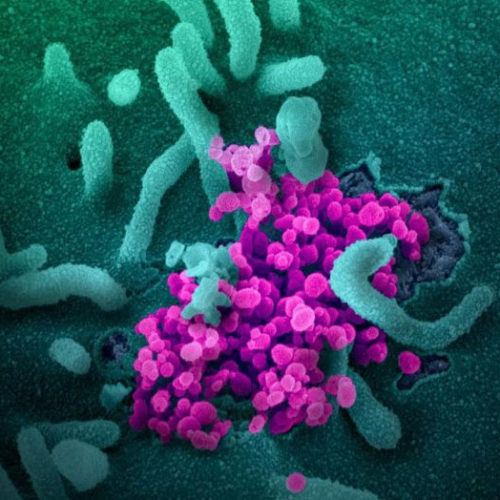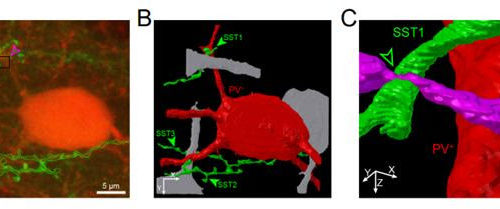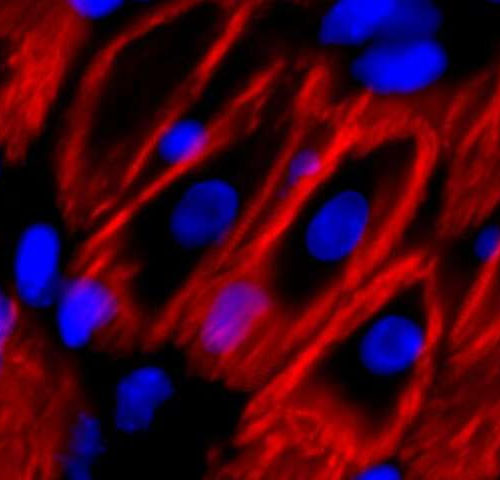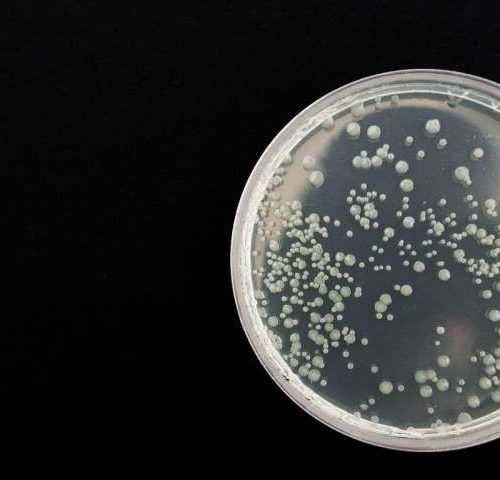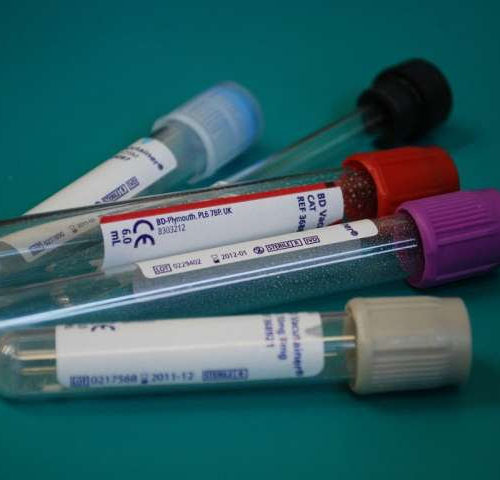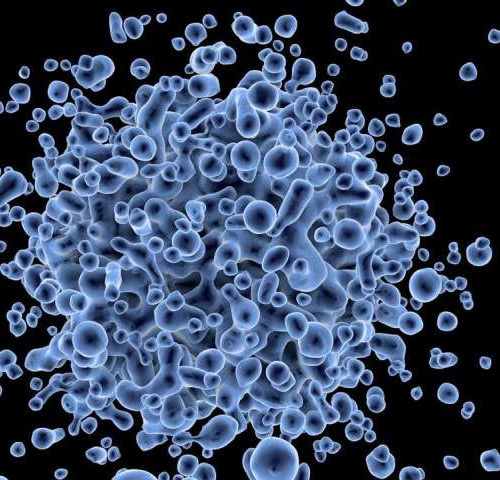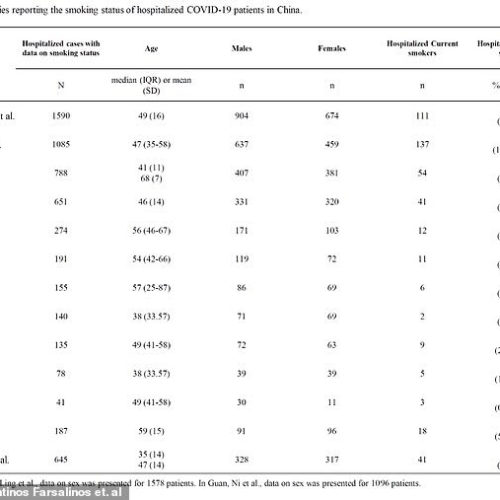Neurologists at the University of Alberta are monitoring Edmonton patients diagnosed with COVID-19 for signs that the virus, which can cause deadly respiratory illness, may also attack the brain. “Several manuscripts have been published that suggest patients with severe COVID-19 symptoms also display neurological problems such as confusion, stroke-like attacks, even a hemorrhage in the...
Researchers restore injured man’s sense of touch using brain
While we might often take our sense of touch for granted, for researchers developing technologies to restore limb function in people paralyzed due to spinal cord injury or disease, re-establishing the sense of touch is an essential part of the process. And on April 23 in the journal Cell, a team of researchers at Battelle...
Examining associations between hearing loss, balance
What The Study Did: About 3,800 adults 40 and older in South Korea participating in a national health survey were included in this analysis that examined associations between hearing loss and a test of their ability to retain balance. Age-related hearing loss affects the inner ear, which may increase the risk of dizziness. Authors: Sung-Won...
A study finds neuropeptide somatostatin enhances visual processing?
By: PROFESSOR SEUNG-HEE LEE, KAIST Researchers have confirmed that neuropeptide somatostatin can improve cognitive function in the brain. A research group of Professor Seung-Hee Lee from the Department of Biological Sciences at KAIST found that the application of neuropeptide somatostatin improves visual processing and cognitive behaviors by reducing excitatory inputs to parvalbumin-positive interneurons in the...
Heart cells can rejuvenate and multiply to heal damage
by UT Southwestern Medical Center UT Southwestern Medical Center scientists have discovered a protein that works with others during development to put the brakes on cell division in the heart, they report today in Nature. The findings could eventually be used to reverse this developmental block and help heart cells regenerate, offering a whole new...
High density EEG produces dynamic image of brain signal source
by Carnegie Mellon University Marking a major milestone on the path to meeting the objectives of the NIH BRAIN initiative, research by Carnegie Mellon’s Biomedical Engineering Department Head Bin He advances high-density electroencephalography (EEG) as the future paradigm for dynamic functional neuroimaging. The NIH Brain Research through Advancing Innovative Neurotechnologies (BRAIN) Initiative motivates researchers to...
Protein produced in sepsis lowers blood pressure, treatment identified to reverse effects
by Temple University Overreaction is rarely useful, and in the case of the human immune system, it can be outright deadly. When the body overreacts to an infection, the result is sepsis—a life-threatening condition that frequently leads to acute organ dysfunction, including deterioration of the heart and blood vessels, which make up the cardiovascular system....
New blood test for Alzheimer’s developed
by Margareta G. Kubista, University of Gothenburg A new blood test for Alzheimer’s disease has been developed under the leadership of researchers at the University of Gothenburg. The method is based on measuring a specific variant of tau protein in ordinary blood samples, which makes the test relatively simple and cheap to perform. The research...
Specific gene predicts higher chance of surviving prostate cancer
by Johannes Angerer, Medical University of Vienna According to Statistics Austria about 5,600 men are diagnosed with prostate cancer in Austria every year, meaning it accounts for roughly a quarter of all cancers in men. For some the cancer develops slowly and requires minimal treatment, but others have aggressive forms of the disease which progress...
French researchers to give nicotine patches to coronavirus patients and frontline workers after lower rates of infection were found among smokers
By MARY KEKATOS SENIOR HEALTH REPORTER FOR DAILYMAIL.COM A French study found that only 4.4% of 350 coronavirus patients hospitalized were regular smokers and 5.3% of 130 homebound patients smoked This pales in comparison with at least 25% of the French population that smokes Researchers theorized nicotine could prevent the virus from infecting cells or...

